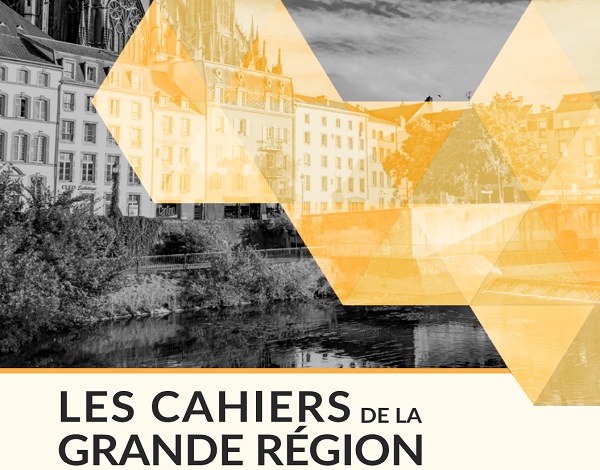 Les Cahiers de la Grande Région;
Credit: LISER
Les Cahiers de la Grande Région;
Credit: LISER
The Luxembourg Institute of Socio-Economic Research (LISER) recently announced the publication of the eighth edition of "Les Cahiers de la Grande Région", dedicated to housing challenges from a cross-border perspective.
According to LISER's Antoine Paccoud, writing in the publication, housing has become a "major societal problem" in Europe and further afield. The last two decades have been "marked by a significant gap between the cost of housing and household income". The publication acknowledged rising housing costs, driven by growing appetite among investors for property amid historically low interest rates - a development which has been "exacerbated in certain contexts by local factors", noted Mr Paccoud.
Turning his attention to Luxembourg, he noted that the Grand Duchy took too long to measure of the impact of its economic and demographic development on housing conditions. As such, a cross-border housing market has gradually developed, as "an improvised response to the lack of housing in Luxembourg". However, this cross-border market is "now showing its limits", with rising costs for people who do not work in Luxembourg, as well as "excessive" commuting time and administrative complexities for cross-border workers.
According to Antoine Paccoud, it is thus time to consider the housing problem on the scale of a "cross-border metropolis" centred on Luxembourg. He stressed the need to consider developments in the Grand Duchy in a "relational" way: Luxembourg has been "able to afford not to build enough housing - and therefore to let prices soar - because there is an outside that has taken over for those who could not or would not keep up with the rise in property prices". He added that the border areas are "an essential part of Luxembourg's economic success", and should have "a stake in its fruits". Thirdly, he argued that the housing market must be "managed and regulated on the scale of this territory" (first understand how people are housed, in what conditions and at what cost).
This "Cahier de la Grande Région" thus "lays the first foundations" by combining three scales of analysis for real estate and land markets: at the level of each of the cross-border territories, "through the effects of real estate dynamics from one side to another and through an initial attempt to understand these markets in a harmonised manner". Taken together, these contributions are said to "outline the contours of the missions of a necessary housing observatory on the scale of the cross-border metropolis".
The publication consists of various statistics, interviews and theoretical reflections, put together by experts from LISER, the AGAPE Lorraine Nord urban development agency (France), the LEPUR research centre at the University of Liège (Belgium), Trier University (Germany) and Saarland University (Germany).
It also features a conclusion by Roger Cayzelle. President of the Institut de la Grande Région (IGR). He noted that this new issue of the "Cahiers de la Grande Région" addressed the issue of housing as "an essential cross-border challenge" in line with the bilingual conference organised by the IGR in Thionville (France) in March 2024. "The ambition of this conference was to identify the current situation, understand its multidimensional aspects, identify the main issues and highlight strategic reflections on both a cross-border and grand-regional scale," he reported, adding that almost 120 people had come together to listen to the analyses and proposals of some 20 academics, planning experts, local elected officials, housing and real estate professionals from France, Germany, Luxembourg and Belgium.
The Cahier de la Grande Région no. 8, published by LISER and developed with the support of Luxembourg's Housing Observatory (Observatoire de l'Habitat), is the fruit of these discussions.
Roger Cayzelle noted that the "sole ambition" of this new publication was to "fuel this difficult debate which is nevertheless at the heart of the problem of the economic and social development of the Greater Region, particularly around the Luxembourg metropolis".
For further details, visit the LISER website at https://www.liser.lu/Cahier-de-la-Grande-Region-8








